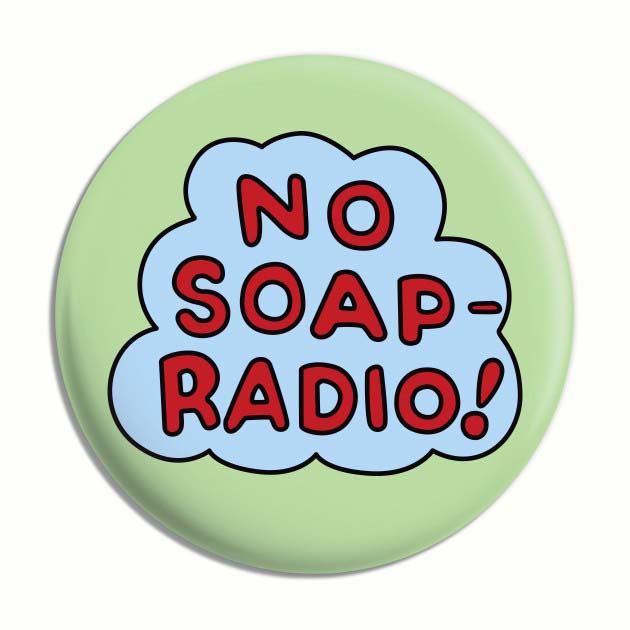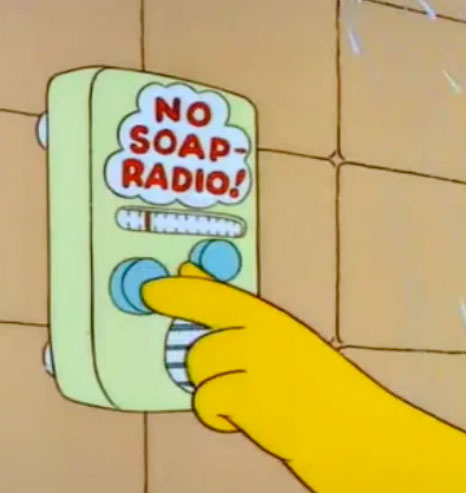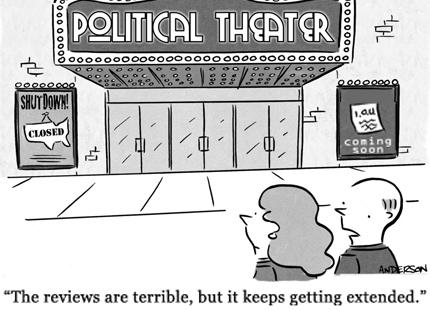Inquiries to the City of St. Pete Beach and responses to public records requests made revealed at least one nonsensical policy, and meeting minutes show that no commission votes were taken on crucial matters. In addition, the city attorney explained complex matters only verbally to the commission, rather than in writing, and has made statements of personal, not legal, opinions in the media causing some citizens to feel insulted.
Our most recent article showed that District 3 commissioner Ward Friszolowski did not resign effective December 30 as he claims. Such things matter because, unlike staff, a city commissioner cannot be fired. Staff can’t tell them “commissioner, you didn’t actually resign, so if you don’t resign properly the city will fire you.”
That’s why it is important to ask who determines if Friszolowski, based on his letter, resigned or not. Is it Friszolowski himself who determines that? If so, is such a policy of “self-determination” or “self-adjudication” wise?

Don’t know where we are going with this article that reads like an opinion piece? Imagine if a commissioner, for whatever reason, decided to resign by saying “no soap, radio” or writing those words in a letter. Others would probably say “that’s absurd, that isn’t a resignation!” And most everyone would agree that he/she didn’t resign.
But who has the legal authority to make the determination whether the commissioner resigned or not? We asked the city’s public information officer Marc Portugal, copying City Manager Wayne Saunders. We did not receive a response after one full business day, or even after a long weekend.
“No soap radio” is a comedy genre in which a punchline intentionally makes no sense. It’s a prank whose actual purpose is to study the reaction of the unknowing victim of the prank as others around him laugh at a punchline that isn’t. It’s a sociological and psychological experiment.
Similarly, the city’s policy on commissioner resignation letters makes as much sense as a “no soap radio” punchline — namely zero.

The 1992 “The Simpsons” episode “Homer the Heretic” featured a “no soap radio” in a shower, an inside joke to those in the know.
A short-lived screwball comedy show in 1982 called “No Soap Radio” featured nonsensical humor in which continuity and plausibility were often ignored. The show only ran for 5 episodes.
How long will the nonsensical “no soap radio” actions continue in St. Pete Beach City Hall? No one knows, especially in these times of political theater from elected officials alleging burdensome Form 6 financial disclosure requirements. In resigning rather than disclosing, not one of them mentioned that requiring elected city officials to make such financial requirements has been a legislative recommendation of the Florida Commission on Ethics (FCE) since 2015. They had plenty of time to comment on that recommendation, but we doubt that they did.
One thing is certain: when a city takes actions that make less sense than a comedy genre whose goal is to make zero sense, then a lawsuit from constituents should surprise no one.
It might be better if the city commission already now grabbed the bull by the tail, even if that means they get sprayed with bull excrement over the entire vacancy appointment fiasco. Maybe it will do so after its closed door meeting (“executive session“) on January 23rd? The purpose of that meeting is to discuss the pending litigation alleging that the current commission is not lawfully seated.
It isn’t just the city’s apparent policy on commissioner resignations that makes no sense. As we reported last week, the difference between how St. Pete Beach handled its vacancy appointments stands in stark contrast to how Oldsmar handled theirs. In St. Pete Beach, City Attorney Andrew Dickman laid out and explicated complex matters only verbally to the commission, rather than in writing. That was not the case in Oldsmar.

The city commission also didn’t vote on Dickman’s verbally stated vacancy appointment process. It can be awkward and politically risky for a commissioner to make a motion to “adopt what the city attorney just said” as opposed to “I make a motion to adopt the process as stated in such and such document.”
That’s why it’s important to put things in writing as the Oldsmar city attorney did. For reasons of accountability, it’s equally important to have a vote on the proposed course of action.
Because the agenda has not yet been published, it is not known whether the commission will take a vote on whether or not to go into executive session (closed door meeting) at its January 23rd special commission meeting. However, it did not take such a vote at its last executive session on April 26th, 2022.
This specific portion of the Sunshine Law requires that the city attorney “advise the entity [the city commission] at a public meeting that he or she desires advice concerning the litigation,” in this case the lawsuit by Protect St. Pete Beach. Asking for such advice might be the very kind of “proposition before a board or commission“ in FS 286.0114(2) that would require a vote, and therefore public comment before said vote.
But does the city commission want to hear from citizens about what they think the city should do with the lawsuit? Do they want to be on the record for their decisions by voting? If not, then the “No Vote Rodeo” continues — to coin a phrase.
“I do not think the average citizen understands the details of local government,” City Attorney Dickman told the Beach Beacon last week. It may not make much sense to make such a comment when some citizens have made it clear through a lawsuit that they, at the very least, believe they understand what laws govern those “details of local government.” More generally, several people we spoke to who are not involved in the lawsuit found Dickman’s comment off-putting.
As always….the Guardian reports and the readers decide. Please like our Facebook page to find out when we publish new stories.


